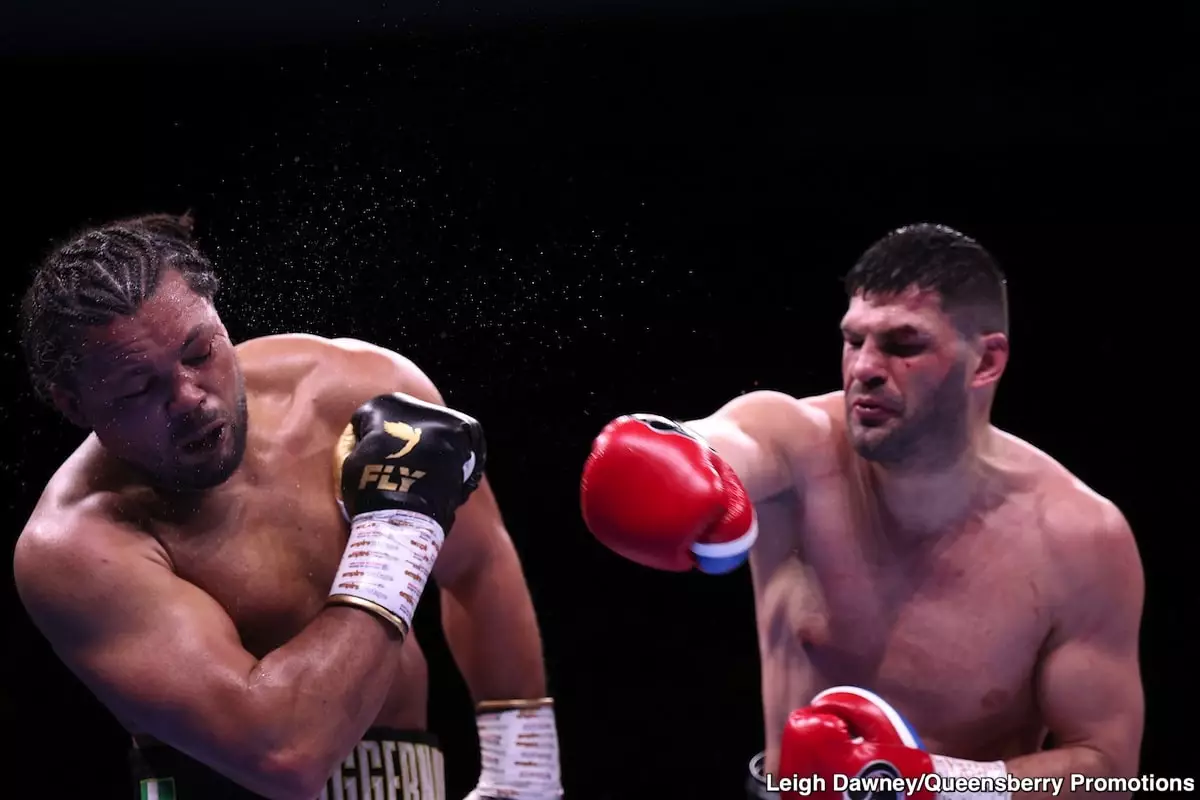In the realm of heavyweight boxing, the upcoming fight cards often serve as a microcosm of the sport’s enduring tension between raw power, tactical nuance, and the unpredictable nature of human resilience. The notable clash between rising stars and battle-hardened veterans exemplifies this dynamic vividly. Filipino contender Filip Hrgovic, with an impressive record and a reputation built on precision and methodical delivery, is set to face David Adeleye. Yet, beyond this clash lies a more layered narrative—one that revolves around how seasoned fighters like Dillian Whyte might unexpectedly reshape the tournament’s outcome. This event is not just a testament to physical prowess but a reflection of career perseverance, mental toughness, and the unpredictable twist that can overturn expectations.
The Charm of the Unexpected: Why Aging Might Not Mean Decline
When analyzing fighters like Whyte, it’s tempting to dismiss their chances based solely on age or recent inactivity. However, such assumptions overlook the nuanced nature of boxing, where experience often translates into resilience and strategic savvy. The fact that Whyte has pushed himself in training suggests a fighter who refuses to fade quietly. His reputation as a tough, brave fighter means that underestimating his potential can be a costly mistake. Hrgovic’s insight that Whyte could surprise, especially if he endures the early rounds, resonates with the often-irrational unpredictability of boxing. Sometimes, the veteran’s grit—honed over arduous careers—can override even the most athletic or technically refined opponents.
The Risks of Underestimating the Power Dynamics
On the flip side, the inherent risk in such matches is that power and precision might be decisive before experience can manifest strategic advantage. Moses Itauma, the young sensation, packs a punch that can end a fight with a single flash of power, particularly if an opponent, such as Whyte, starts slow. This underscores the importance of early round stamina and focus, especially for fighters like Whyte, who may be prone to early setbacks. Conversely, Itauma’s raw punching ability, combined with his own admission of needing more rounds, hints at a completeness that may not quite be fully realized until tested under real pressure.
What stands out here is that in heavyweight boxing, talent alone is insufficient without mental toughness and strategic acumen. A fight’s true outcome hinges on who manages to adapt quickly, absorb blows, and find openings—capabilities that are cultivated through experience and resilience rather than mere physical attributes. Both the potential for an upset and the risk of underestimating fighters’ mental toughness keep fans intrigued and analysts perpetually on edge, guessing just how unpredictable these heavyweight wars can be.


Leave a Reply